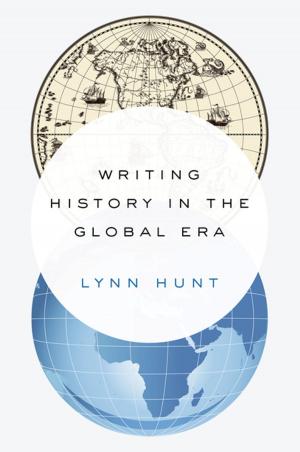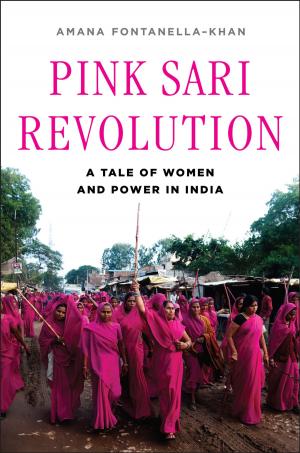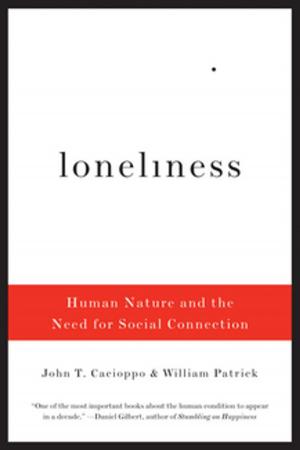| Author: | Richard Aldous | ISBN: | 9780393083156 |
| Publisher: | W. W. Norton & Company | Publication: | March 19, 2012 |
| Imprint: | W. W. Norton & Company | Language: | English |
| Author: | Richard Aldous |
| ISBN: | 9780393083156 |
| Publisher: | W. W. Norton & Company |
| Publication: | March 19, 2012 |
| Imprint: | W. W. Norton & Company |
| Language: | English |
An iconic friendship, an uneasy alliance—a revisionist account of the couple who ended the Cold War.
For decades historians have perpetuated the myth of a "Churchillian" relationship between Ronald Reagan and Margaret Thatcher, citing their longtime alliance as an example of the "special" bond between the United States and Britain. But, as Richard Aldous argues in this penetrating dual biography, Reagan and Thatcher clashed repeatedly—over the Falklands war, Grenada, and the SDI and nuclear weapons—while carefully cultivating a harmonious image for the public and the press. With the stakes enormously high, these political titans struggled to work together to confront the greatest threat of their time: the USSR.
Brilliantly reconstructing some of their most dramatic encounters, Aldous draws on recently declassified documents and extensive oral history to dismantle the popular conception of Reagan-Thatcher diplomacy. His startling conclusion—that the weakest link in the Atlantic Alliance of the 1980s was the association between the two principal actors—will mark an important contribution to our understanding of the twentieth century.
An iconic friendship, an uneasy alliance—a revisionist account of the couple who ended the Cold War.
For decades historians have perpetuated the myth of a "Churchillian" relationship between Ronald Reagan and Margaret Thatcher, citing their longtime alliance as an example of the "special" bond between the United States and Britain. But, as Richard Aldous argues in this penetrating dual biography, Reagan and Thatcher clashed repeatedly—over the Falklands war, Grenada, and the SDI and nuclear weapons—while carefully cultivating a harmonious image for the public and the press. With the stakes enormously high, these political titans struggled to work together to confront the greatest threat of their time: the USSR.
Brilliantly reconstructing some of their most dramatic encounters, Aldous draws on recently declassified documents and extensive oral history to dismantle the popular conception of Reagan-Thatcher diplomacy. His startling conclusion—that the weakest link in the Atlantic Alliance of the 1980s was the association between the two principal actors—will mark an important contribution to our understanding of the twentieth century.















